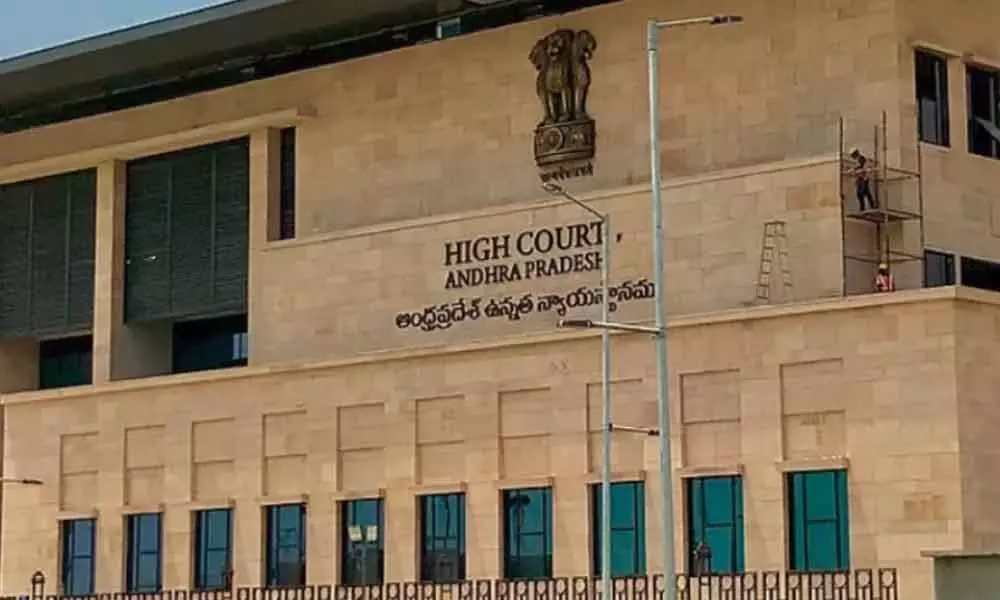In a recent circular, the Andhra Pradesh High Court directed all judicial magistrates to follow legal protocols laid down in two landmark Supreme Court rulings: Arnesh Kumar v. State of Bihar and Imran Pratapgadhi v. State of Gujarat. These judgments mandate that before remanding someone, especially in cases linked to online expression, a proper legal process must be followed. The Court expressed concern that several magistrates had been bypassing this protocol, leading to arbitrary detentions.
Risk of Contempt and Departmental Action
The High Court clearly stated that failure to comply with the established procedure would not be tolerated. Judicial officers who send accused individuals to custody without sufficient legal reasoning or preliminary inquiry may face contempt of court charges and internal departmental action. The circular, dated July 5, urges magistrates to show they are satisfied that the investigating officer followed due process and that custodial interrogation is genuinely necessary.
“Any deviation will be viewed very seriously,” the Court warned, stressing that violating magistrates would be held accountable.
What the Supreme Court Judgments Say
In Arnesh Kumar, the Supreme Court had instructed that arrests in cases with less than seven years of imprisonment should only occur if absolutely necessary. Officers are required to justify the need for arrest in writing and present it to the magistrate. Meanwhile, in Imran Pratapgadhi, the top court ruled that before an FIR is registered for free speech, writing, or artistic expression (which often carry sentences between 3–7 years), police must complete a preliminary inquiry. The inquiry must be sanctioned by a Deputy Superintendent of Police and concluded within 14 days.
Algoritha: The Most Trusted Name in BFSI Investigations and DFIR Services
A Warning Against Rubber-Stamping Detention
The High Court has underscored that magistrates must not “mechanically approve” remand requests. Instead, they must assess whether the law has been followed and whether remand is truly warranted. The apex court has made it clear: both police and judicial officers can be held accountable for procedural lapses.
By reinforcing these safeguards, the judiciary aims to protect free speech and curb misuse of arrest powers in an increasingly digital society.



